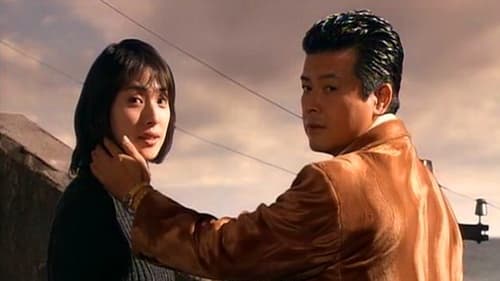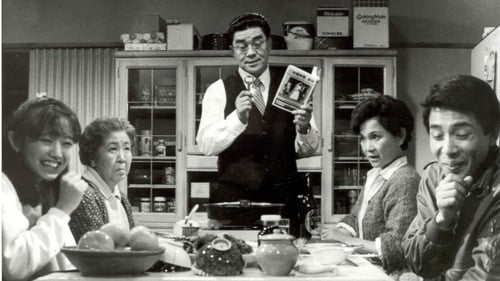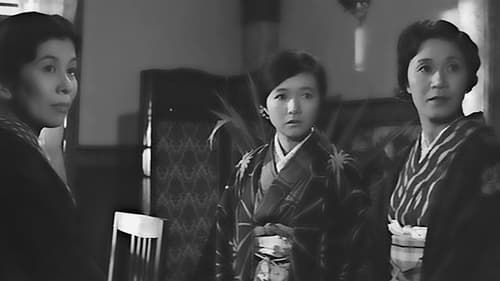
A young woman returns to the island where she grew up.

Kasumi's mother
Kasumi is in the midst of an affair with Ishiyama, one of her husband's clients. When Kasumi and her family visit Ishiyama's villa in Hokkaido, she plans to abandon them to be with Ishiyama. The next morning, her daughter Yuka disappears, which throws Kasumi's life into turmoil. Years later, Yuka remains missing, and Kasumi journeys back to Hokkaido with Utsumi, a terminally-ill former detective, and tries to follow any leads she can.

Tatsu
Naoto Ogata plays Sadajiro, a young farmer fighting out the battle of the riot through to the end. Sadajiro's wife is played by Hiromi Iwasaki, his father is played by Go Kato and Ryuzo Hayashi plays a leader of the Riot. The Riot in Gujo is called one of the biggest three riots in the Edo Period as it took almost 5 years to settle and also involved the Edo government. This movie is a period film about the riot and Gujo farmers fighting for their tenacity of purpose. The farmers had suffered enough from heavy taxes and decided to rise up in riot when the domain lord, Yorikane, issued a new act, which practically forced tax increases. Asking the lord to retract the act, they pour down to the Hachiman Castle. For once they attain the repeal deed signed by the chief retainer. However the promise is broken. Now the farmers decide to make a direct plea to the Edo Residence…This film is full tension and breathless moments.

Juror #10
The film opens as a jury is about to acquit a defendant -- a bar hostess who pushed her ex-husband path of an oncoming truck, supposedly in self-defense. Just as everyone seems to be in agreement over the woman's innocence, one juror voices second thoughts.

Set on a quiet ranch in Hokkaido. One day, a colt is born from a legendary bloodline. It is given the name Oracion or "prayer". When Oracion is grown, a factory owner buys the horse. Will he be the key to solving the man's problems? Based on the novel by Teru Miyamoto.

Chiaki Onoda a young assisstant sound mixer is unhappy with his job, but otherwise he is enjoying life. He loves his cat, his friends, hunting for girls and breakdancing in discos. A funeral forces him to return home and meet his familiy, which (espicially his father) disapprove of his lifestyle.

Kinuyo Saotome

A young man working as a cameraman in Tokyo is visited for three days by his parents from the countryside.

Omiki (maid at the Kamenoyu)
Kôsuke Kindaichi, a somewhat peculiar private detective, visits a remote town. He meets a police detective and they start to investigate an old unsolved murder. Then some murders happen. Kindaichi must find out about the past in order to reveal who the murderer is.


Considered one of the finest late Naruses and a model of film biography, A Wanderer’s Notebook features remarkable performances by Hideko Takamine – Phillip Lopate calls it “probably her greatest performance” – and Kinuyo Tanaka as mother and daughter living from hand to mouth in Twenties Tokyo. Based on the life and career of Fumiko Hayashi, the novelist whose work Naruse adapted to the screen several times, A Wanderer’s Notebook traces her bitter struggle for literary recognition in the first half of the twentieth century – her affairs with feckless men, the jobs she took to survive (peddler, waitress, bar maid), and her arduous, often humiliating attempts to get published in a male-dominated culture.







